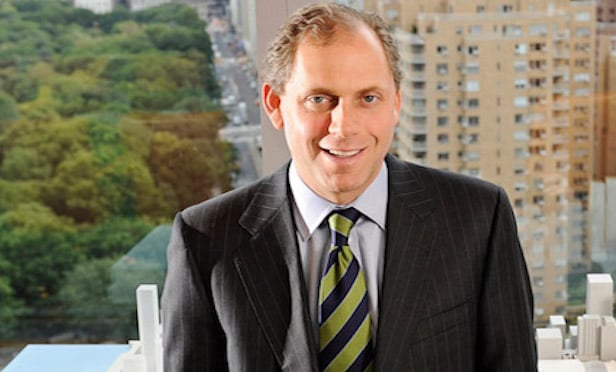WASHINGTON, DC—There is plenty of evidence and analysis that would suggest the US economy is still fragile enough that the Federal Reserve Bank will likely wait until Q4 of this year to start raising its benchmark interest rate. Conversely, there is plenty of information and anecdotal evidence that shows the US economy is doing just fine, thank you. It is all a matter of perspective – or in this case, which report one finds most realistic.
Two separate reports have been released that reveal two distinct views of the US economy and how it impacts the commercial real estate market. To be clear, this is not to say that one or other report is wrong. Rather, the differing takes are a reflection of a greater national debate that can't seem to settle on one narrative for the economy.
The two reports are Transwestern's Briefing for June 2015 and EY's May 2015 Global Capital Confidence Barometer for Real Estate, Hospitality & Construction.
Transwestern gets right to the point with its report. "Concerns about inflation, emerging market vulnerabilities and down-shifts in growth in 1Q 15 have pushed expectations for the Federal Reserve to lift rates to Q4," it said. Indeed, there is speculation that rates won't rise until Q1 of 2016 -- certainly that is the IMF's hope.
The numbers Transwestern cites are familiar to economy watchers: 1Q GDP's figures; the March trade deficit exploded to a six-year high of $51.4 billion, suggesting growth may be further revised down to negative 0.3%; Consumer confidence declined in April after rising in March; US industrial output declined 0.3% in April, the fifth straight monthly decline… and so on.
The bright spots were the recent employment figures -- April employment was up 223,000 and the jobless rate ticked down slightly to 5.4%. The labor force participation rate rose to 62.9%, up 20 bps.
If only that were the complete story it might not be so bad. But as usual, there is potential trouble brewing in the global economy and given how interconnected and financially dependent the world's markets have become, this is no longer a problem of "over there."
On the top of Transwestern's list are the fresh fears about Greece (although as of Monday night there appeared to be some positive moment at the G-7 conference on the issue) the rising dollar, falling energy prices, rising debt levels and uneven global expansion.
Now compare this to the sector-specific focus of EY's confidence barometer for the real estate industry.
Two key findings from the surveyed executives are:
- 82% believe the global economy is improving, up from 40% six months ago
- 50% expect to actively pursue acquisitions, vs. 35% six months ago.
This group does have its reservations as well, with 63% of respondents reporting they are confident about corporate earnings, vs. 75% six months ago.
Also cost reduction has become a bigger concern, with 49% reporting they are focused on cost reduction, vs. 35% six months ago.
What to make of the two reports and their respective views? They are both right -- the overall economy is in a less-than-optimal space right now and the Fed will almost surely continue to dither about raising interest rates until one minute before the midnight hour. But opportunities look promising in real estate, perhaps precisely because the rest of the economy and the health of the investment alternatives are still on shaky ground.
© Touchpoint Markets, All Rights Reserved. Request academic re-use from www.copyright.com. All other uses, submit a request to [email protected]. For more inforrmation visit Asset & Logo Licensing.






